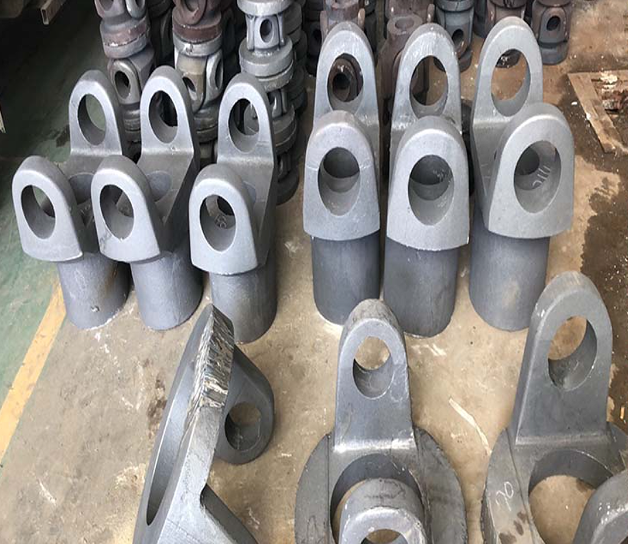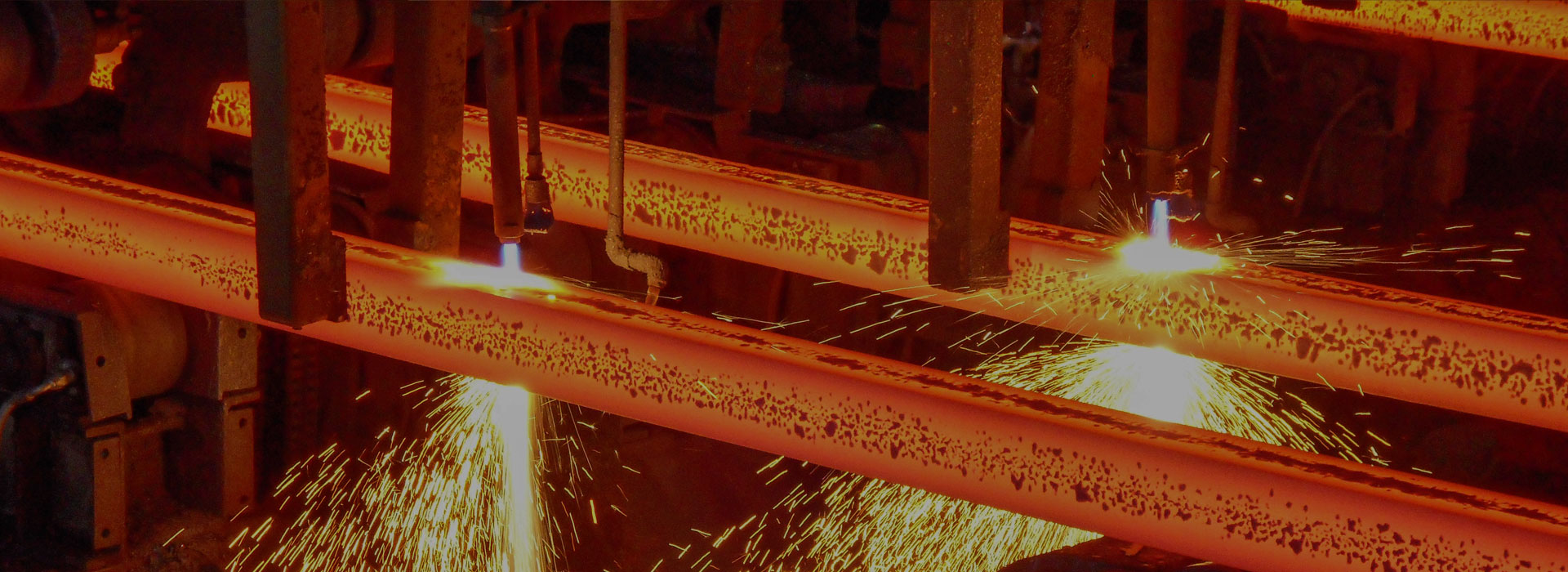Do steel castings need heat treatment
There are steel casting defects such as porosity, cracks, shrinkage porosity, coarse grains, uneven structure, residual internal stress, etc., which greatly reduce the strength of steel castings, especially plasticity and toughness.
Steel castings in a foundry should be used after heat treatment.Heat treatment of steel castings is one of the important processes in the casting process. Compared with other processing processes, heat treatment generally does not change the shape and overall chemical composition of the workpiece, but gives or improves the performance of the workpiece by changing the internal microstructure of the workpiece or changing the chemical composition of the surface of the workpiece. It is characterised by improving the internal quality of the workpiece, which is generally invisible to the naked eye.
In order to make metal parts have the required mechanical, physical and chemical properties, in addition to the reasonable selection of materials and various forming processes, heat treatment processes are often necessary.In order to refine the grains, uniform structure and eliminate internal stress, mild steel castings have good plasticity and are not easy to crack when cooling.
In order to reduce internal stress, steel castings should be tempered at high temperature after normalising. For steel castings with a carbon content of 0.35%, complex structure and easy cracking, only annealing treatment can be carried out. Steel castings should not be quenched, otherwise they are prone to cracking. Steel castings must be normalised or annealed. Normalised steel has higher mechanical properties and lower cost than annealed steel, so it has been widely used. Steel casting foundries choose different heat treatment methods according to the casting structure, but because normalising will produce greater internal stress than annealing, it is only suitable for steel castings with a carbon content of less than 0.35%.




